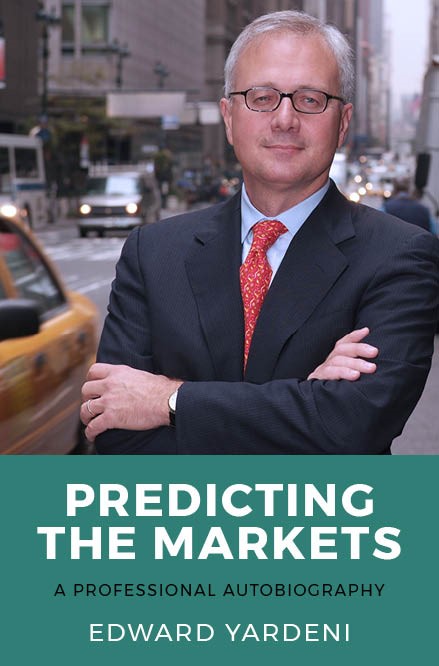Serving The Rich Hot
Maybe I should have become a research scientist to discover a cure for cancer. Or, I should have been a civil rights attorney, representing those most in need.
Instead, I chose a career in finance. So, how can I reconcile my desire to do good while I work to grow the wealth of the wealthy?
You might say that what I'm about to set forth are mere justifications. It's possible that this is how I deal with my cognitive dissonance. Nonetheless, here are my reasons why I believe advisors like myself can actually be serving the greater good:
- We help real people achieve their goals. Let's face it, the definition of wealthy is not what it used to be. Working couples have great shot at becoming millionaires if they adhere to a solid financial plan. Watching our clients become financially independent over time is evidence of the significant positive impact we have on each and every client.
- We protect our clients - and those in their social circle from financial disasters. They listen to our warnings and spread this advice to their friends and families. Helping our clients to recognize and avoid panic reactions to the market, overly zealous annuity salespeople, or even elder abuse gives us the satisfaction of fighting the "bad guys."
- We positively influence the next generation. Seeing their parents rely on a qualified advisor, providing clients' kids with periodic webinars or financial tips, and being available to answer their questions helps to educate them in the principals of fiscal responsibility.
- We help to encourage charitable giving. Independent nonprofits help our communities far more than government programs alone can accomplish. Many of our clients have charitable inclinations. For them, we can increase the power of their philanthropy through utilizing appreciated securities, creating donor advised funds, setting up CRTs, and helping them to strategically structure charitable bequests.
When a client becomes in need of long term care and they have a solid insurance policy in place to cover the costs, I am glad that my advice protected them. Or, when a client tearfully thanks me knowing that she can truly afford to retire, I feel the warmth of gratitude.
I figure I help each of my clients based on their particular needs on an ongoing basis.
Whether they are "rich" or not, I know I make a difference in each of their lives. And that's good enough for me.









